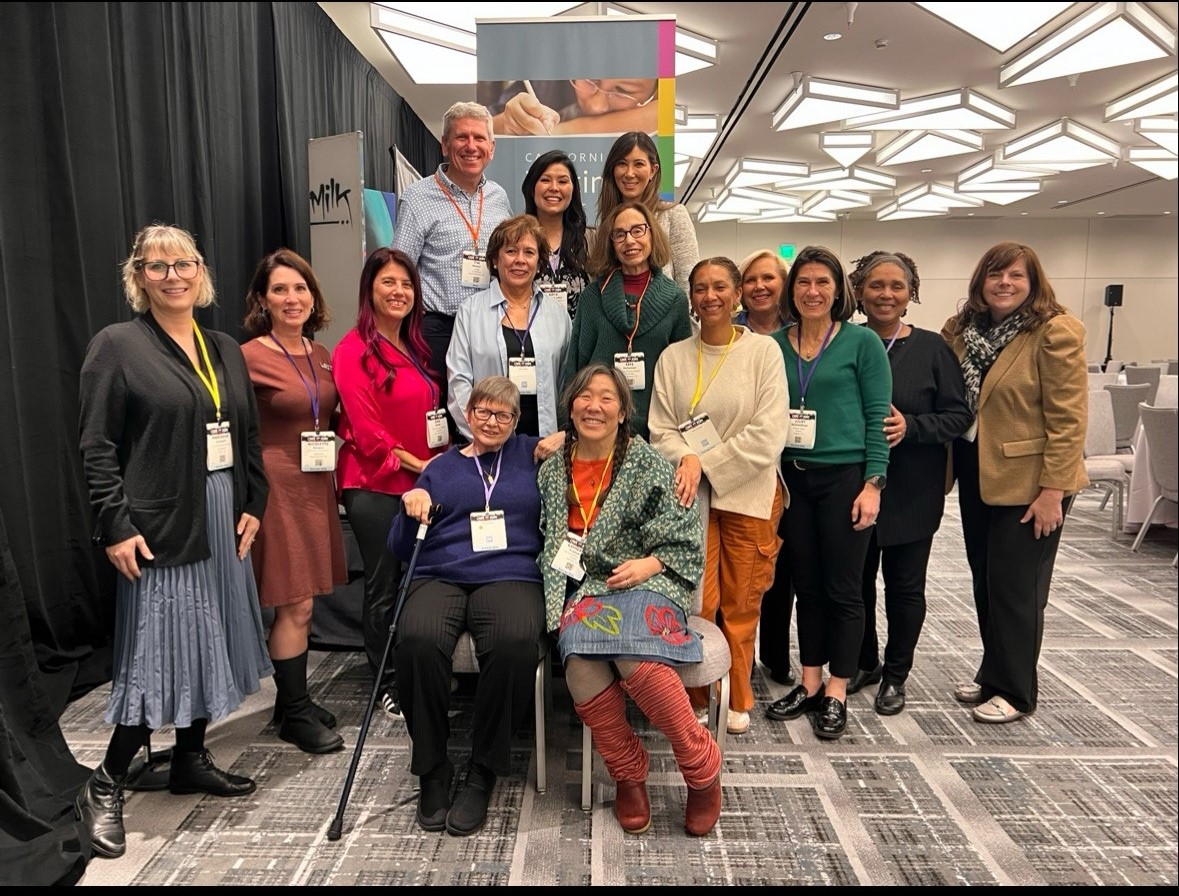Introduction
My name is Tim Dewar, and I learned the power of writing early on.
Writing could make me feel stupid, like when my contribution to the “Kindergarten Kookbook” was a recipe for a root beer float and all the others were recipes for real dishes, like Grandmother’s Tomato Sauce (Other than my friend Nathan’s - his was for toast).
Writing could get me in trouble, like when I wrote a poem about my fourth grade teacher that began “Roses are red / Violets are blue…” and ended with “And so do you!”
Writing could get people talking, like in high school when I wrote music reviews for the school paper under the name “Rick Cord.”Most importantly, writing could help me figure things out about a subject, the world, myself. It was that power, the power of discovering my own thinking that led me to teaching English.
Current Context for Writing in California Classrooms
Teaching writing faces all the perennial challenges - time, student load, contentious grammar debates. Seriously, helping students to figure out what they want and need to say and how to say it has always been and will always be a challenge. The arrival of generative AI does not change this. If anything, it increases the challenge. Generative AI allows for the creation of seemingly passable prose in an instant, sidestepping all that messy thinking and revising. But that thinking and rethinking is what we in the California Writing Project believe is the point. We want all students in California to have teachers who know how to support writers.
On the CMP’s impact on education in California
The 15 regional sites of CWP all work with local teachers to develop confidence and competence in the teaching of writing. We do this through a variety of programs, most notably Invitational Summer Institutes. There, as in all our programs, teachers write, read current theory and research, and go public with their practice. Our model rests on two foundational principles:
- The best teacher of a teacher is another teacher.
- To be a teacher of writing, one must write.
Writing Project teachers go on to lead educational improvement from the classroom. This is where the action is. It is where students grapple with both big ideas and the Oxford comma.
On exciting recent projects
CWP just wrapped our annual James Gray Memorial Preconvention day at the California Association of Teachers of English (CATE) yearly conference. The day is named for Jim Gray, who founded the Writing Project (and by extension, the California Subject Matter Project), and this year we celebrated the 50th anniversary of the first Summer Institute in 1974. Falling on Leap Day this year, we took as our theme A Look Back and A Leap Forward: Learning from the Stories of Our Past, Imagining the Future! The day was a reminder of how ingrained our knowledge is in classroom practice. And how fun it is to be in a hotel ballroom with 150 people writing.
Upcoming Projects

Each of the 15 regional sites would have their own additional answers to this, but I will focus on three programs we are currently running out of the State Office. First, we are in our third year of our Environmental Literacy and Justice community of practice. This evolving and growing group of teachers continues to develop classroom and school activities that harness the power of writing to address climate change and promote hope for the future. A second community of practice focuses on the intersection of composition and computer science. The Composing and Computing Collaborative (CCC) is examining how computational thinking, coding, and, of course, AI help us think about writing instruction. The third program is Project WEST (Writing and Ethnic Studies Together). With the coming Ethnic Studies graduation requirement, we want to support teachers in these classes to use writing to help students learn and communicate what they know. All three of these programs draw teachers from all grade levels and content areas from sites across the state. Teachers are teaching teachers.
How to stay in touch
https://www.californiawritingproject.org/
On Facebook: California Writing Project
Instagram: californiawritingproject
